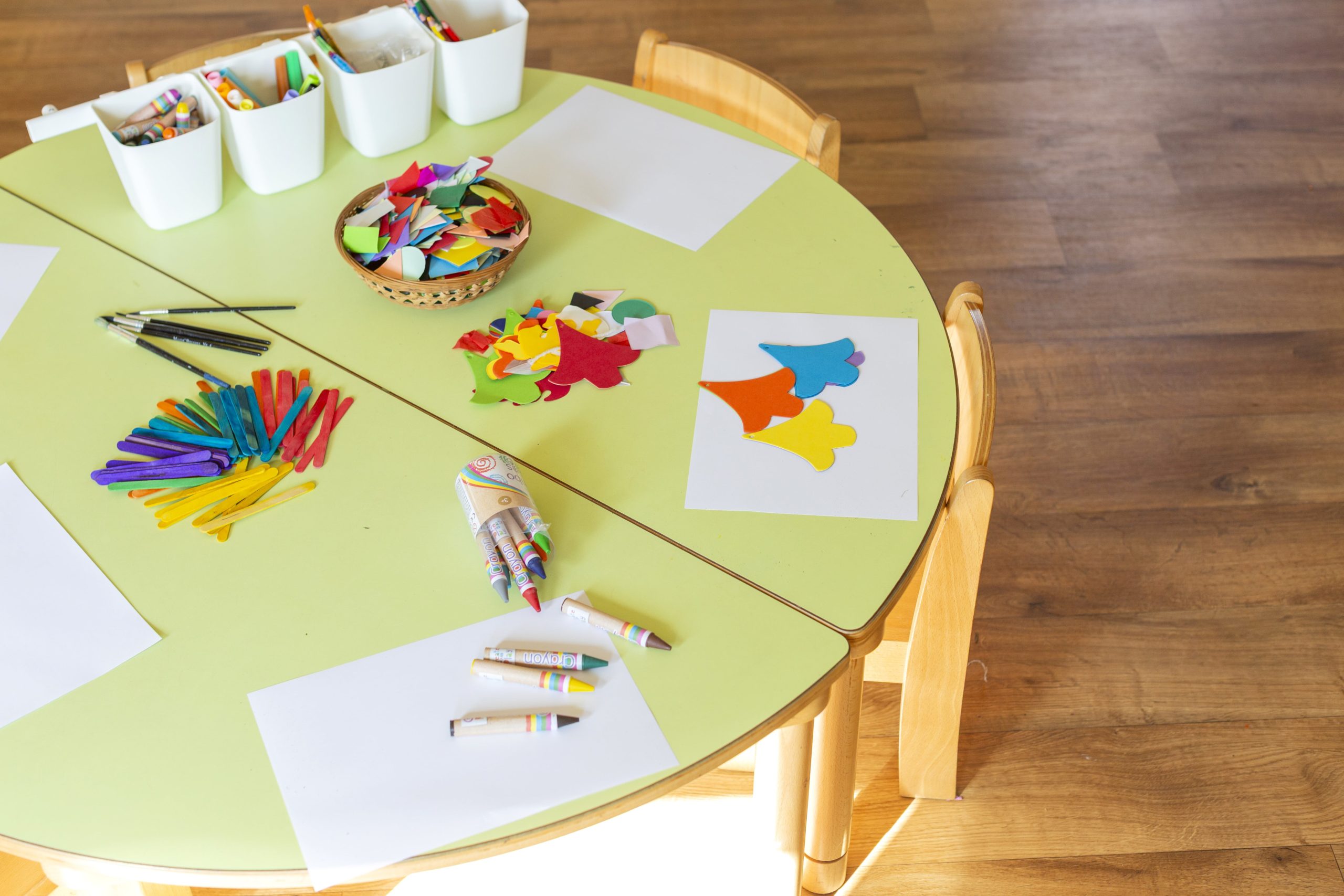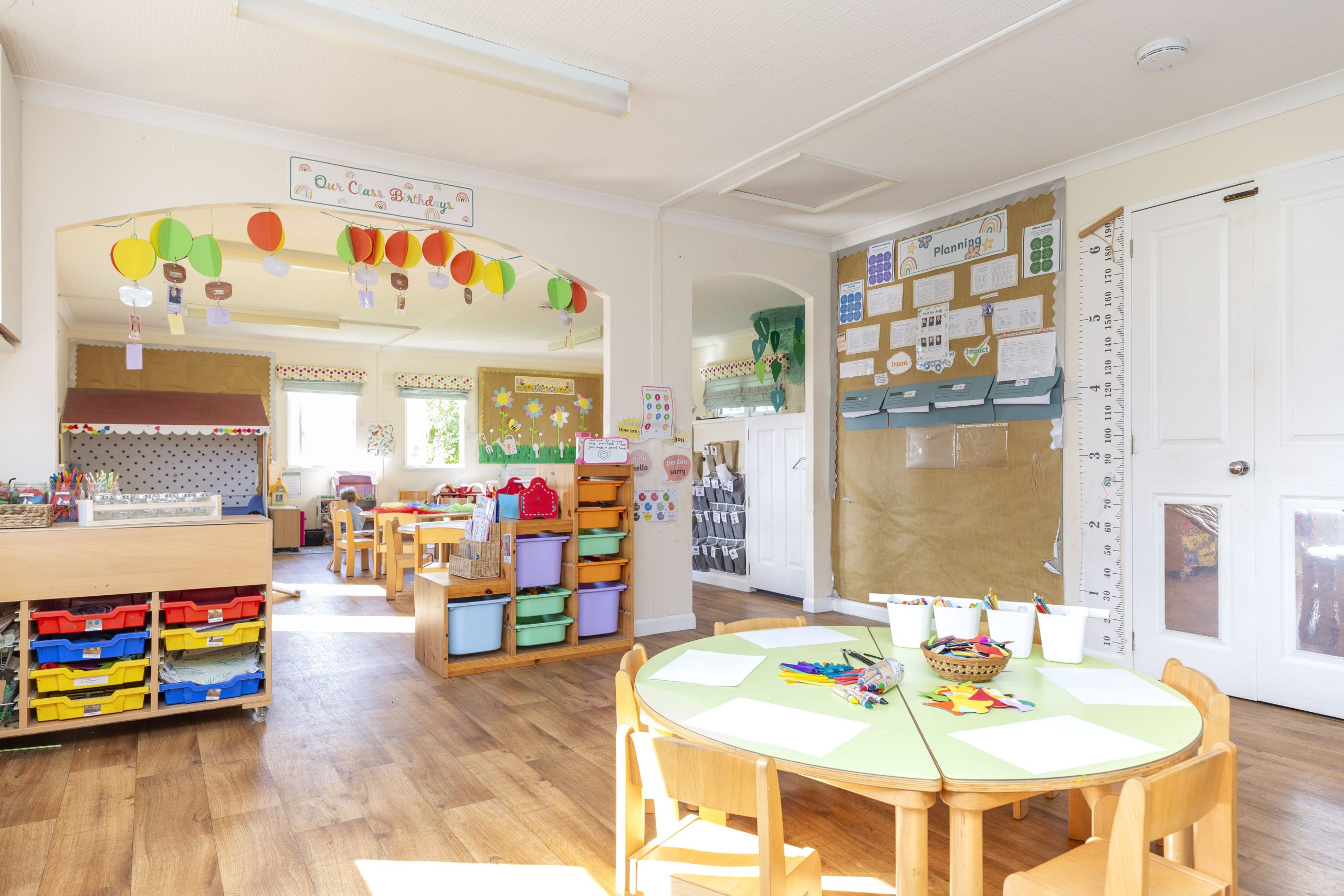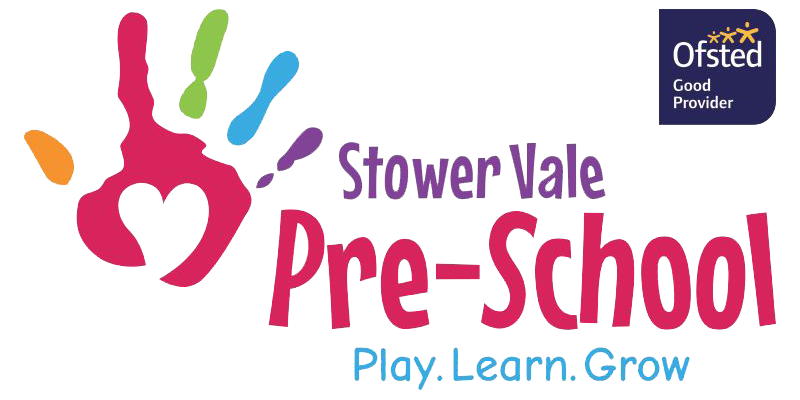Our Early Years Approach
At our preschool, we follow the Early Years Foundation Stage (EYFS), the statutory framework that sets the standards for the learning, development, and care of children from birth to five years. Through play-based, child-centred experiences, we support each child’s individual interests, strengths, and needs. The EYFS helps us ensure that every child feels safe, valued, and confident as they develop key skills, build positive relationships, and prepare for the next stage of their learning journey.
Through a carefully planned, play-based curriculum, we promote learning across the seven areas of the EYFS, supporting children’s communication and language, physical development, personal, social and emotional development, literacy, mathematics, understanding of the world, and expressive arts and design. Regular observation and assessment enable us to plan next steps tailored to each child, ensuring they are supported, challenged, and well prepared for their transition to school.


